Why Praising (yes, praising!) Your Child Is Harmful And What To Do Instead
Praise.
We all love getting it, and most of us don’t realize how much we love giving it – especially to our kids.
“Good job”
“Good girl”
“You’re sharing beautifully”
“I’m so proud of how you’re eating!”
“Wow – you’re helping like a big girl!”
… What could be wrong with that? …
Interestingly, a lot.
- Praise Undermines Intrinsic Interest
According to the leading writer on this, and a personal parenting-crush of mine, Alfie Kohn: research has shown that praising someone for a behavior or achievement actually undermines their interest in that behavior. Kids who were praised for trying a new beverage, for example, were less likely to try another new beverage than kids who weren’t. - Praise Assumes the Worst
Behavioralists tell us: if a kid does something you like: praise them! It was probably a mere fluke and you’ll need to work hard to get them to repeat that behavior by giving them positive reinforcements! The underlying message here is that children are never going to share because sharing is generous – they’ll only share because they’ll get something (praise) out of it. The flip side to this double edge sword is that if a child is used to being praised for kindness, and no one is around to notice their good deed, they probably won’t do it. - Praise Creates Pressure
Constantly praising is actually kind of similar to constantly criticizing in that it’s constantly evaluating. Anyone under scrutiny and judgement, even if the judgments are favorable to them, is under pressure to perform. The message is – I’m watching you and either liking or not liking what you’re doing (which can often sound to a child like: I’m watching you and either loving or not loving you). This creates a conditionality to a relationship that undermines unconditional love. Ultimately we all want our child to feel: I love and like you no matter your behavior, no matter your achievements. In fact, it’s in the moment we under achieve or make mistakes that we need to be loved the most.
What To Do Instead
- Say what you see. Focus on the details of their work, rather than on an evaluation. “You used a lot of red!” “You made the sun SO big!”. This gives children the sense that their choices matter and their work is noticed.
- Join in their enthusiasm. “You’re so excited!” “I’m so pleased for you.” “You did it!” Rather than judging them to be doing a “good job”, focus on their feeling of accomplishment.
- Focus on the process, not on the outcome. Showing children that we care more about the effort they put in makes it easier for them to take risks and work hard (which eventually lead to higher success rates, anyway) rather than being overwhelmed by the pressure to perform. So when they get an A grade you might say: “You really studied hard for that.” When they paint a beautiful picture: “You’re been focused on mastering that stroke.” And when they play a piece of music: “I know how much you’ve practiced.”
- Focus on their experience, not yours. Show them that the work they do and their achievements are theirs – not done for you or anyone else. So instead of “I’m so proud of you!” You might try: “You must be proud of yourself!” Instead of: “I love what you did!” You could say: “Do you love what you did? I do…”
- Reflect their emotions. See, authentically, what a child’s experiencing and reflect it back for them. “You look tired but satisfied.”, “You were worried you couldn’t manage, but you did!”, and “It’s not easy to do it, but you knew how helpful it was.”
- Thank them! If a child does something for you… helping around the home or gifting you a drawing, thank them as you would an adult. “Thanks so much for keeping your space clean, that’s lovely for all of us.” or “Thanks for getting ready on time – that keeps the day running smoothly.”
Have you taken steps to move away from praise? Does any of this resonate for you?

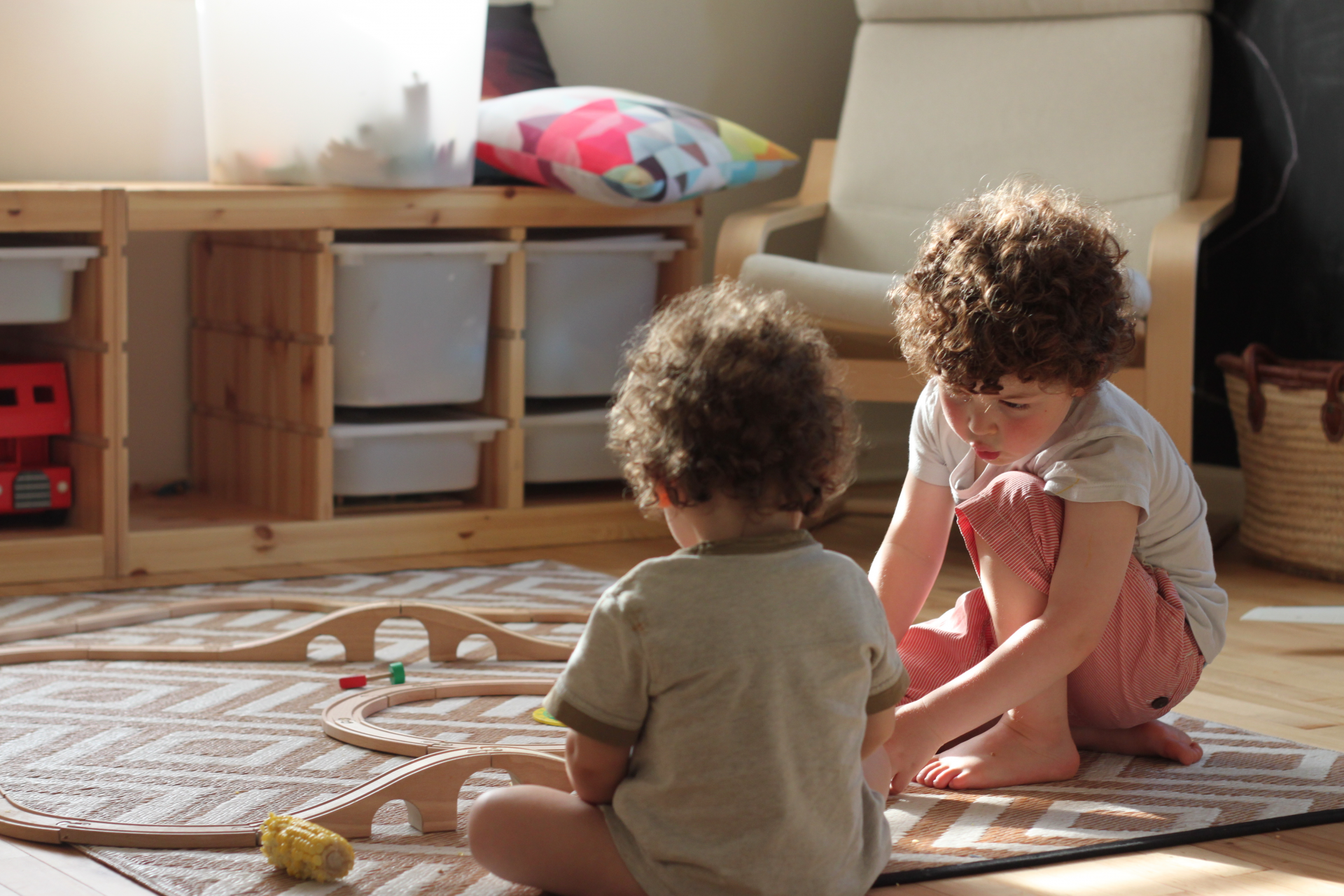


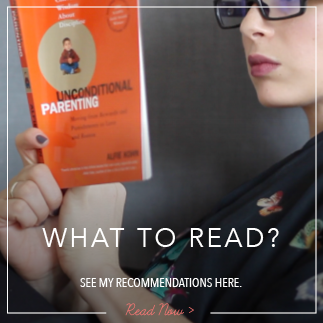


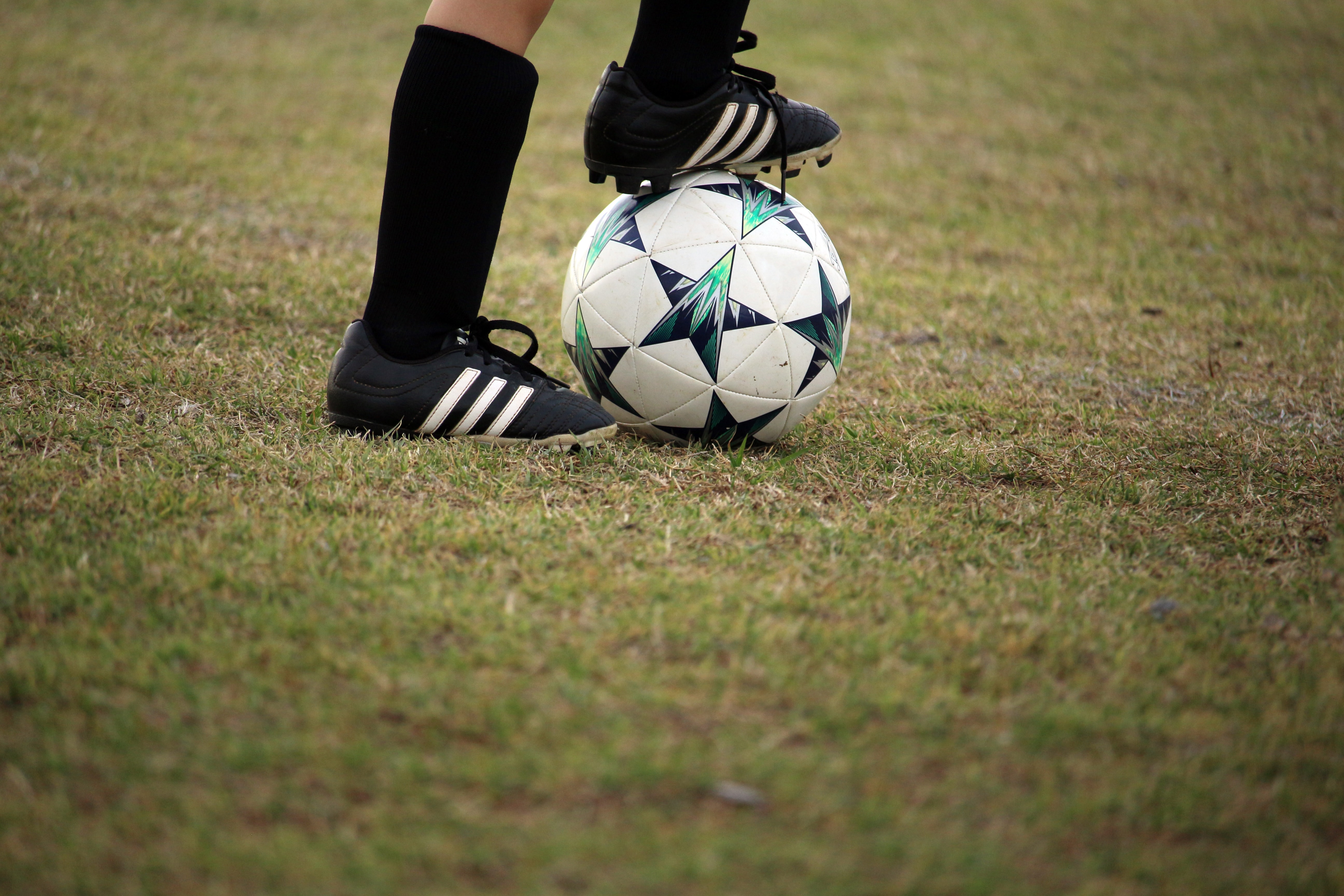
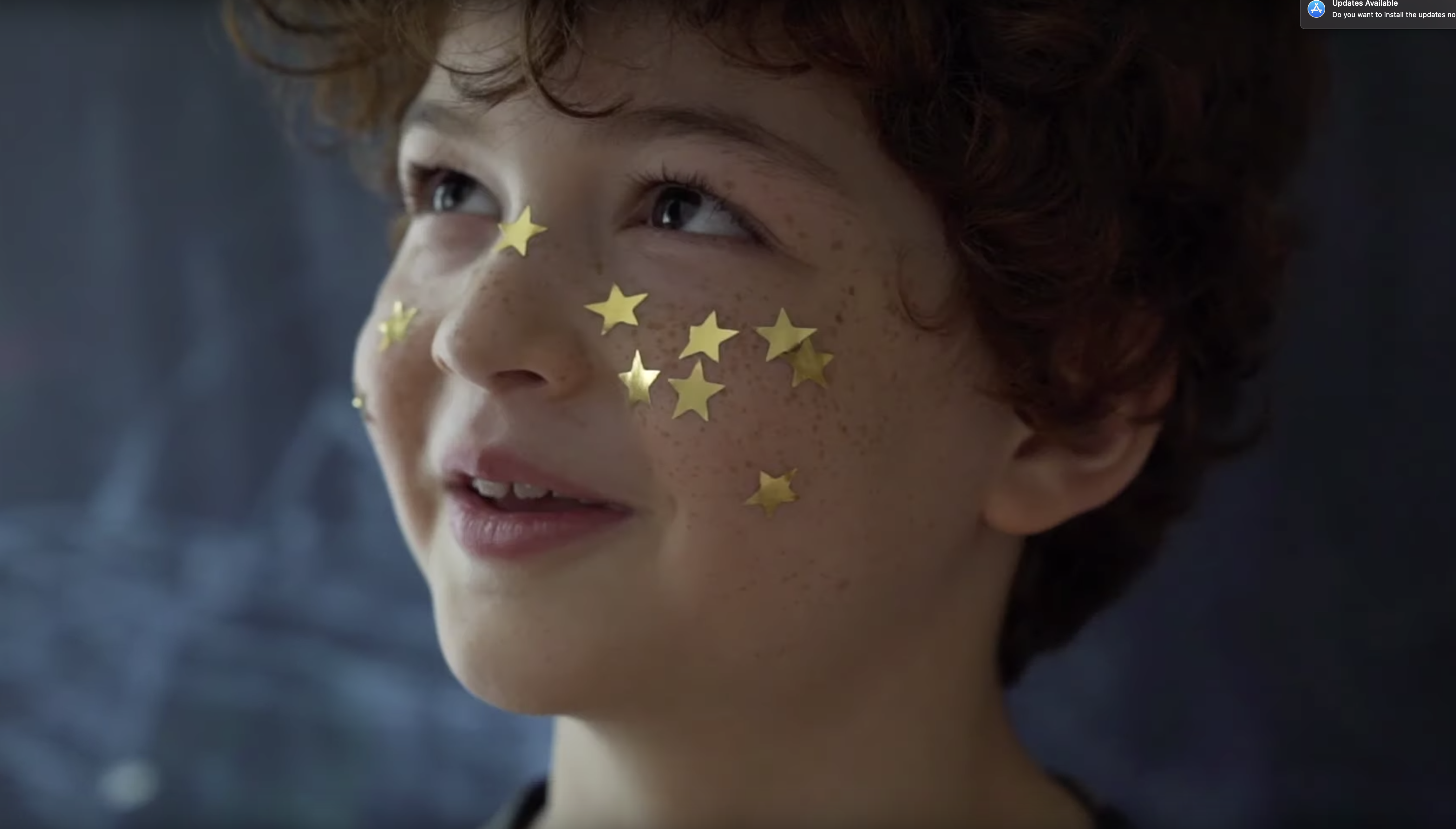
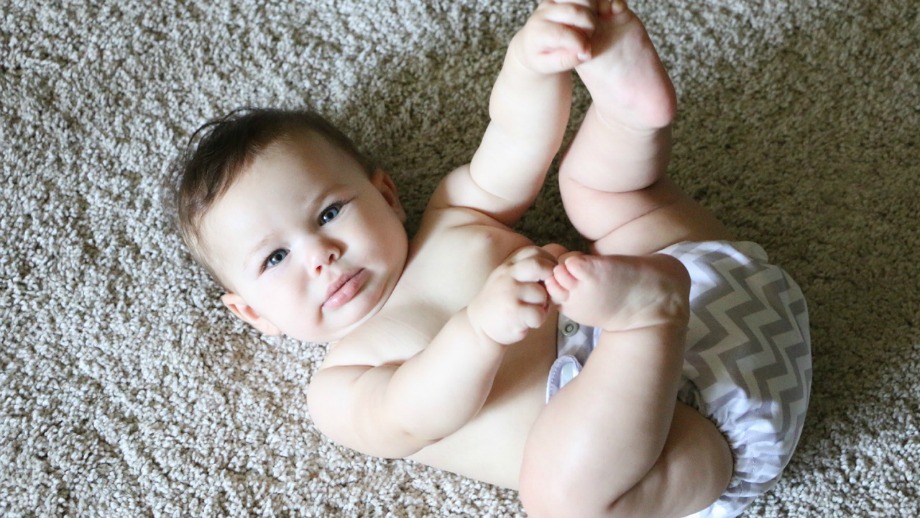

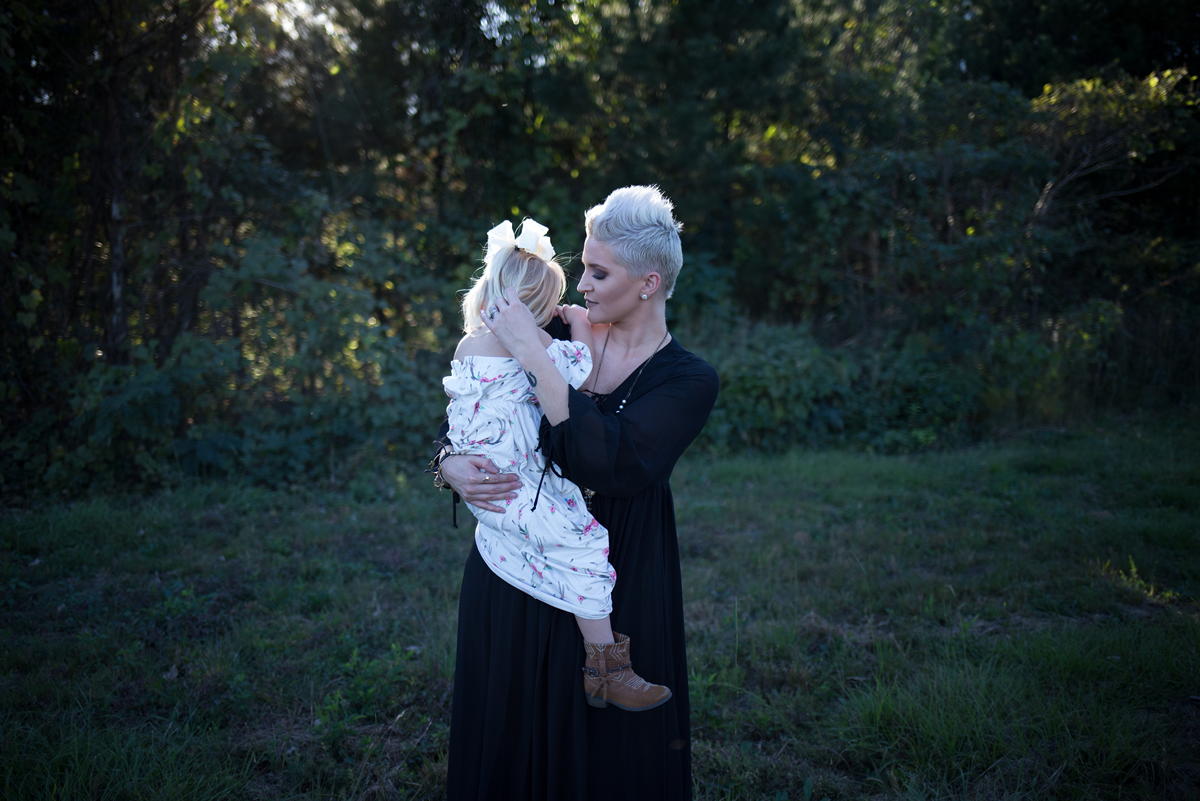



0 comments